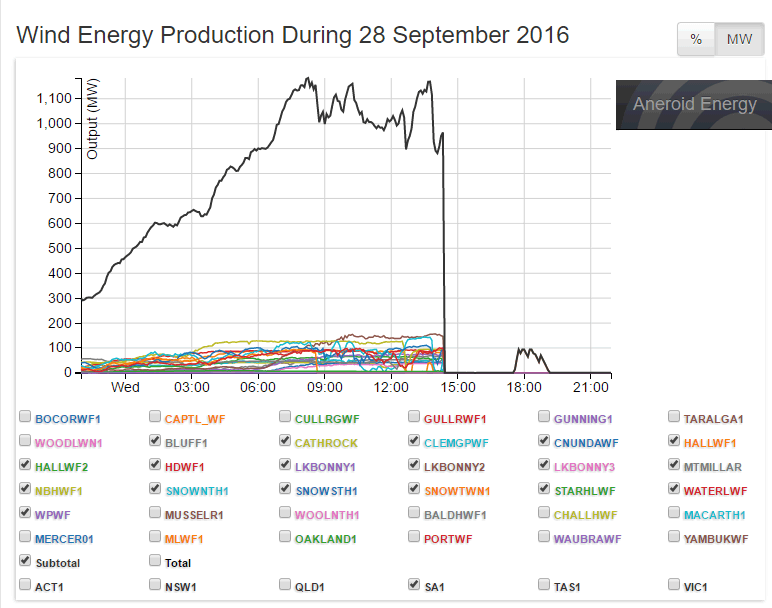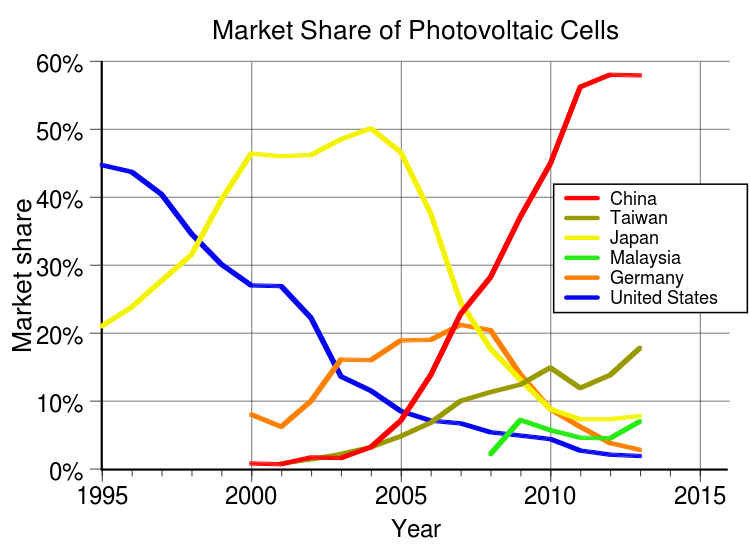smokingjacket
Premiership Player
- Mar 30, 2014
- 3,543
- 3,660
- AFL Club
- Fremantle
- Other Teams
- Liverpool
Personally I don't care if SA wants to live in the dark ages; that is their choice. As having no power for a few hours doesn't mean much to most other than "something actually happened in SA!".
What we should all be very mindful of is our youth, our poor and most vulnerable in society may want jobs and may want affordable power. Some industries and business, may want cheap reliable power and if they can't get it........they leave. Leading to more pressure, especially in the blue collar sector.
So I would prefer to see a proper review of the power generation sector in SA and understand why it costs so much, what impact that has on the economy, who is impacted the most and energy security. but I do appreciate why you wouldn't want a sensible review and report.
In the 21st century electricity generation has a unique moral element to it that can't be so simply rationalised.





